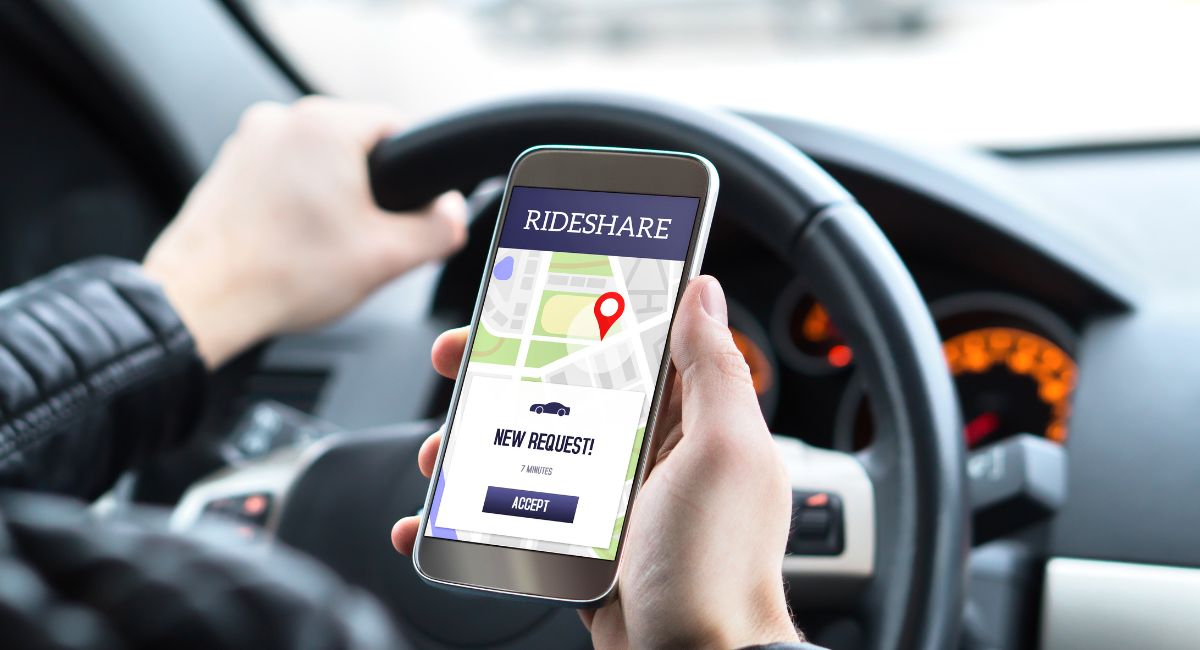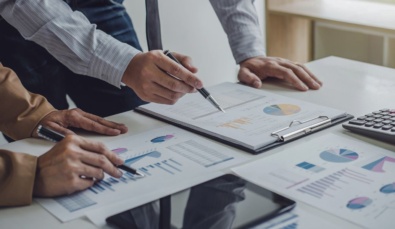The ATO has recently indicated its intention to more closely focus on those involved in the sharing economy. The introduction of the Sharing Economy Reporting Regime from July 1st, means that digital platforms involved in short term accommodation or taxi travel are required to provide the ATO with details of seller transactions. With so many Australians now involved in these services, it’s vital that you understand sharing economy tax requirements. So if you operate an Airbnb or provide ridesharing services, there are a few key things you should pay attention to.
What Is The Sharing Economy?
The sharing economy refers to a business model where individuals or businesses share their resources, skills, or services with others through digital platforms. Examples of the sharing economy in Australia include:
- Renting out all or part of your property to guests through platforms such as Airbnb or Stayz.
- Providing ridesharing services to passengers using your own vehicle through platforms such as Uber, Ola, Didi or Sheba.
- Offering various services or tasks to other users for a fee, including creative or professional services such as graphic design through platforms such as Airtasker or Fiverr.
Sharing Economy Tax Implications
The platforms through which you provide sharing economy services may ask you for more information to meet their obligations under the Sharing Economy Reporting Regime (SERR) including:
- ABN and business trading name
- your full name
- date of birth
- residential or business address
- email address and telephone numbers
- bank account details.
Tax Implications For Individuals Engaged In The Sharing Economy:
1. Goods and Services Tax (GST): If you are registered or required to be registered for GST and your annual turnover from the sharing economy exceeds the GST threshold (as at August 2023, the threshold is $75,000), you need to account for and remit GST on your services or sales. However, the GST registration threshold may change over time, so it’s essential to check the current threshold with the ATO.
2. Income Tax: Any income earned from sharing economy activities is generally considered assessable income for tax purposes. This means you must report your earnings from platforms like Airbnb, Uber, or Airtasker in your annual income tax return. Keep records of your earnings and expenses related to the sharing economy activities to accurately report your income.
3. Capital Gains Tax: If you rent out all or part of your home, you will no longer be able to claim the full capital gains tax (CGT) main residence exemption. Instead, you’ll pay capital gains tax on the sale proceeds according to the portion of the property that you have rented out.
Potential Tax Deductions For Sharing Economy Participants:
As a participant in the sharing economy, you may be eligible for tax deductions on expenses related to your business activities. Common deductions may include:
1. Vehicle expenses: If you use your vehicle for ride-sharing or delivery services (e.g., Uber), you may be able to claim deductions for fuel, maintenance, registration, insurance, and depreciation.
2. Home expenses: If you rent out part of your home on platforms like Airbnb, you can claim a portion of your home-related expenses, such as utilities, internet, and cleaning.
3. Equipment and tools: If you use specific equipment or tools for your sharing economy activities, you may be able to claim deductions for their costs and maintenance.
4. Service-related expenses: You may also claim deductions for expenses related to providing your services, such as cleaning supplies or materials required for a task on Airtasker.
It’s crucial to keep accurate records of all your income and expenses to substantiate your claims during tax time. Additionally, the tax implications and deductions may differ for businesses or individuals with unique circumstances, so it’s always best to seek advice from a qualified tax professional.
The tax accountants and business advisors at MGI South Queensland can help you understand what your tax obligations are and if you are entitled to any deductions. Contact us now on 07 3002 4800 to get the latest advice.









